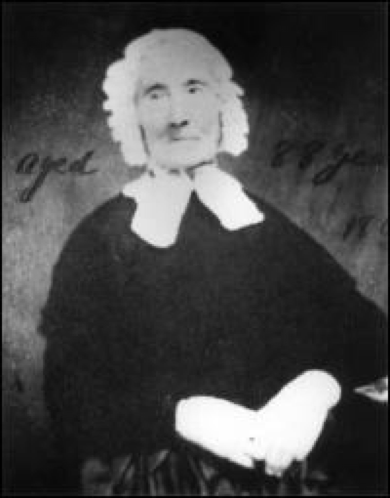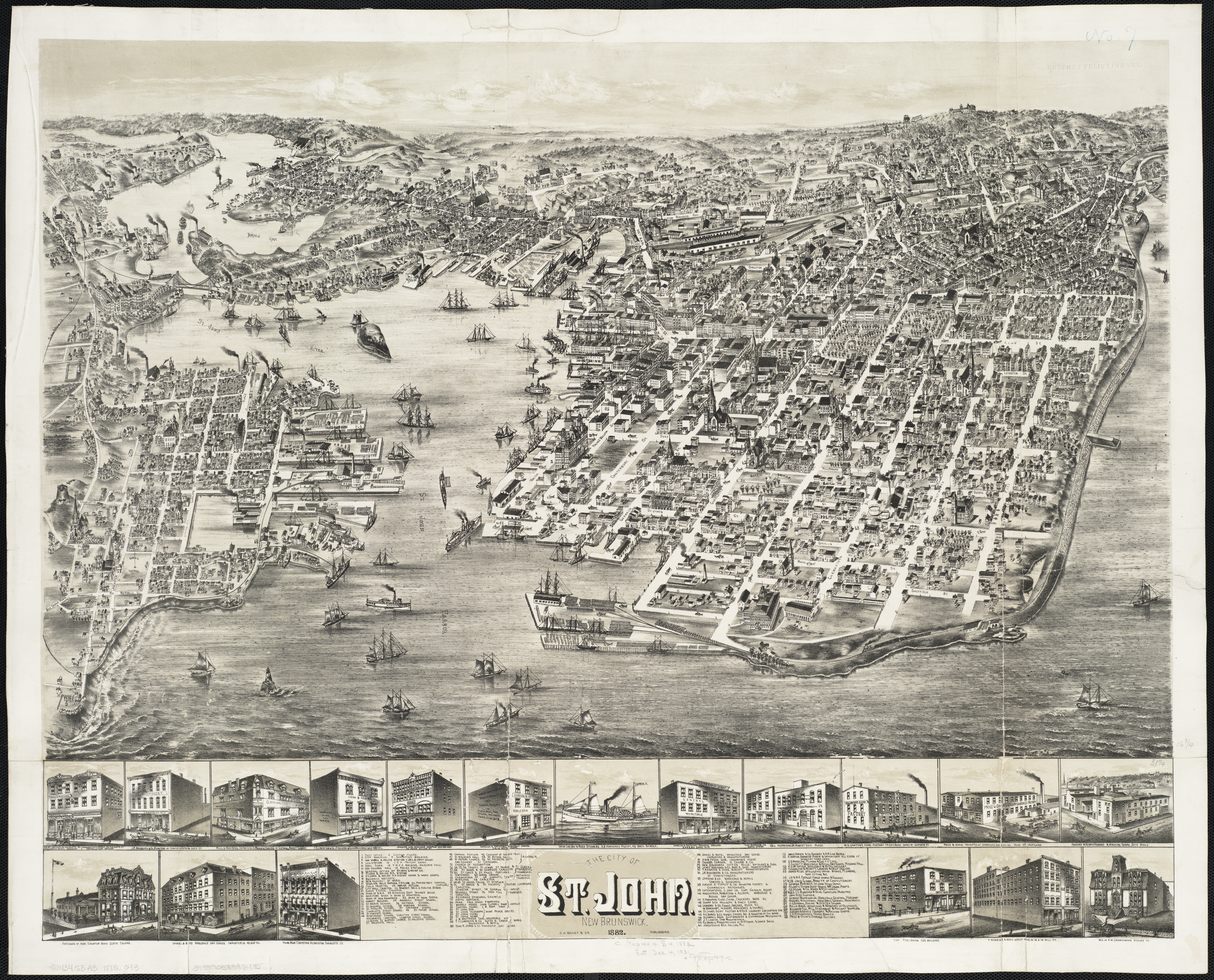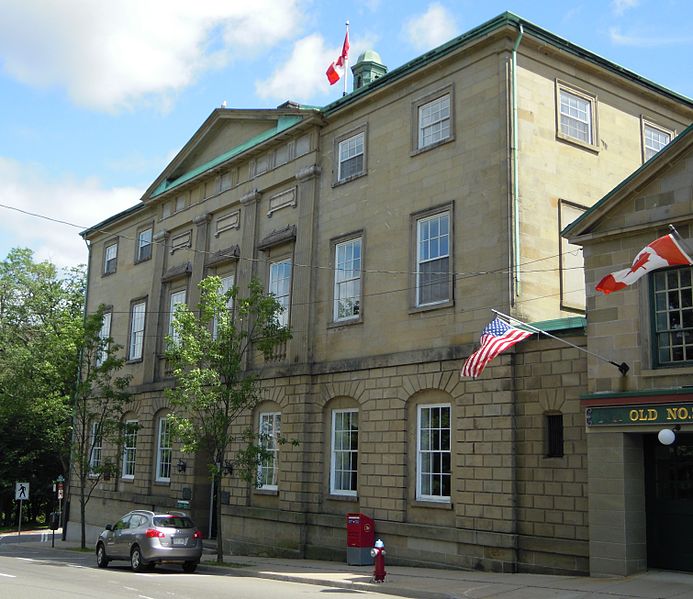First Nations and Local Courts of New Brunswick: Negotiated Relationships
- Submitted on
- 0 comments
The real, daily interactions between indigenous people and setters of European ancestry in British colonies was an ongoing process and often involved a clash in lifestyles. Formation and negotiation of relationships between colonial groups were recorded through petitioning and court cases initiated by both indigenous and settler populations. The rough construction of these relationships can be observed within the court records of Northumberland County, New Brunswick.



